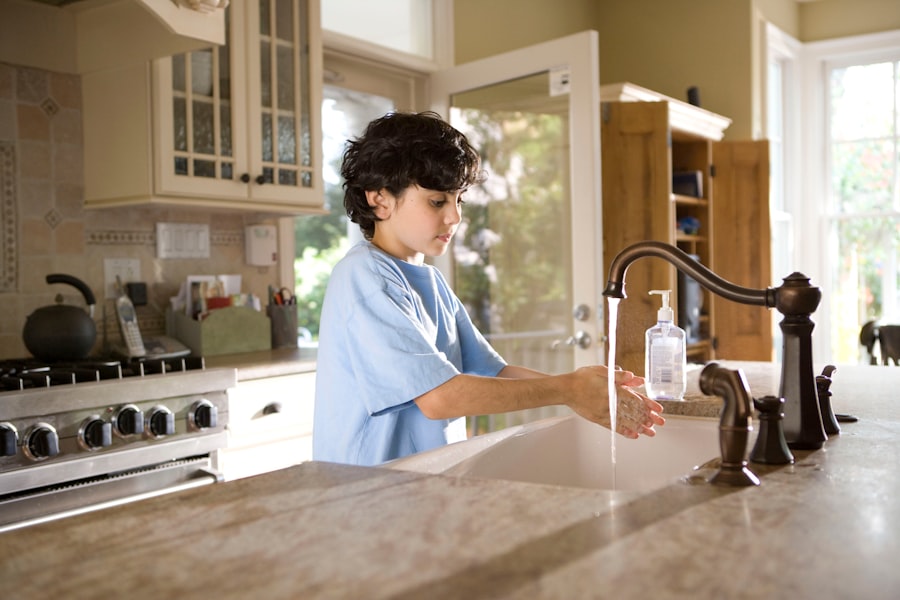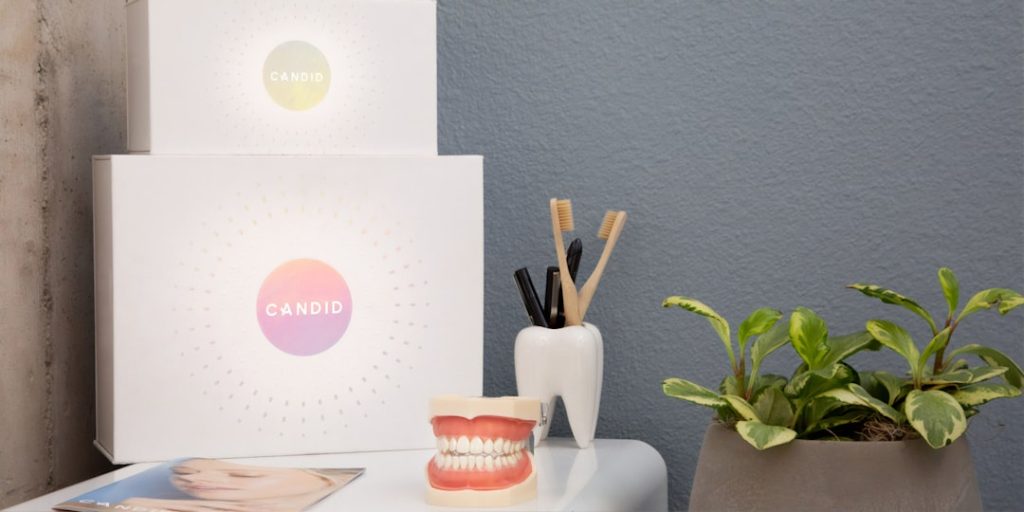Chicken nesting boxes are crucial components of a coop, providing hens with a secure and comfortable environment for egg-laying. These structures are designed to replicate the natural nesting conditions preferred by hens, offering a private and cozy space that reduces stress and promotes healthy egg production. Nesting boxes are available in various dimensions and styles, but maintaining cleanliness is paramount regardless of design.
Regular cleaning and upkeep of nesting boxes are essential for ensuring optimal hygiene and health for the chickens, as well as preserving egg quality. This article will discuss the significance of clean nesting boxes, outline effective cleaning procedures, highlight the advantages for chicken health, identify common maintenance errors, and provide practical tips for sustaining clean nesting environments.
Table of Contents
Key Takeaways
- Chicken nesting boxes provide a safe and comfortable space for hens to lay their eggs.
- Keeping nesting boxes clean is crucial for preventing the spread of diseases and parasites among the flock.
- Steps to keep nesting boxes clean include regular removal of soiled bedding, disinfecting the boxes, and providing fresh bedding.
- Clean nesting boxes promote healthier eggs, reduce stress in chickens, and minimize the risk of egg contamination.
- Common mistakes to avoid when cleaning nesting boxes include using harsh chemicals, neglecting to check for pests, and not providing enough nesting material.
Importance of Keeping Nesting Boxes Clean
Health Risks of Dirty Nesting Boxes
When hens lay their eggs in dirty nesting boxes, there is a higher risk of the eggs becoming soiled or contaminated with bacteria, which can pose a health risk to both the chickens and humans who consume the eggs.
The Importance of a Clean Environment
Additionally, dirty nesting boxes can create an unpleasant environment for the chickens, leading to stress and a decrease in egg production. By keeping nesting boxes clean, you can help prevent these issues and create a comfortable and healthy space for your chickens to lay their eggs.
Establishing a Cleaning Routine
To maintain clean nesting boxes, it is important to establish a regular cleaning routine. This involves removing any soiled bedding, droppings, or leftover eggs from the boxes on a daily basis. Additionally, the nesting boxes should be thoroughly cleaned and disinfected on a regular basis to prevent the buildup of bacteria and parasites. By keeping the nesting boxes clean, you can help ensure the health and well-being of your chickens, as well as the quality of the eggs they produce.
Steps to Keep Nesting Boxes Clean
1. Daily Cleaning: Remove any soiled bedding, droppings, or leftover eggs from the nesting boxes on a daily basis. This will help prevent the buildup of bacteria and parasites and create a clean environment for the chickens to lay their eggs.
2. Thorough Cleaning: On a regular basis, remove all bedding from the nesting boxes and clean them thoroughly with a mild detergent or disinfectant. Make sure to rinse the boxes thoroughly and allow them to dry completely before adding fresh bedding.
3. Use Clean Bedding: Always use clean and dry bedding in the nesting boxes to provide a comfortable and hygienic environment for the chickens. Replace the bedding regularly to prevent the buildup of bacteria and odors.
4. Monitor for Pests: Regularly inspect the nesting boxes for signs of mites, lice, or other pests. If any infestations are detected, take immediate action to treat the boxes and prevent further spread to the chickens.
By following these steps, you can maintain clean nesting boxes and promote a healthy environment for your chickens to lay their eggs.
Benefits of Clean Nesting Boxes for Chickens
Clean nesting boxes offer a wide range of benefits for chickens, including improved health, increased egg production, and overall well-being. When nesting boxes are kept clean, it reduces the risk of bacterial infections and infestations by pests such as mites and lice. This helps to keep the chickens healthy and free from common ailments that can arise from dirty nesting conditions.
Additionally, clean nesting boxes provide a comfortable and stress-free environment for hens to lay their eggs, which can lead to increased egg production. When chickens feel safe and comfortable in their nesting boxes, they are more likely to lay eggs regularly and consistently. Furthermore, clean nesting boxes contribute to the overall well-being of the chickens by reducing stress and promoting a hygienic living environment.
Chickens that are provided with clean nesting boxes are less likely to experience behavioral issues or health problems related to poor hygiene. By maintaining clean nesting boxes, you can ensure that your chickens are happy, healthy, and productive.
Common Mistakes to Avoid When Cleaning Nesting Boxes
While keeping nesting boxes clean is essential for the health and well-being of your chickens, there are some common mistakes that should be avoided during the cleaning process. One common mistake is using harsh chemicals or cleaning agents that can be harmful to the chickens. It is important to use mild detergents or natural cleaning solutions that are safe for use around poultry.
Additionally, failing to dry the nesting boxes thoroughly after cleaning can lead to moisture buildup, which can create an ideal environment for bacteria and pests to thrive. Another mistake to avoid is neglecting to monitor the nesting boxes for signs of pests or infestations. Regular inspections are crucial for detecting any issues early on and preventing them from spreading to the chickens.
Additionally, using dirty or damp bedding in the nesting boxes can contribute to poor hygiene and increase the risk of bacterial contamination. It is important to use clean and dry bedding at all times to maintain a healthy environment for the chickens.
Tips for Maintaining Clean Nesting Boxes

Natural Cleaning Solutions
Instead of using harsh chemicals, opt for natural cleaning solutions like vinegar or lemon juice mixed with water to clean the nesting boxes. These solutions are safe for use around poultry and effectively remove dirt and bacteria.
Encourage Cleanliness through Dust Baths
Dust baths are an excellent way to help chickens keep themselves clean and free from pests like mites and lice. Providing a designated area for dust baths can help reduce the risk of infestations in the nesting boxes.
Regular Maintenance and Inspections
Schedule regular inspections of the nesting boxes to check for signs of pests or infestations. Early detection can help prevent these issues from spreading to the chickens. Additionally, ensure that the coop and nesting boxes have proper ventilation to prevent moisture buildup, which can lead to bacterial growth and odors.
By following these simple tips, you can maintain clean nesting boxes and promote a healthy environment for your chickens.
Promoting Healthy and Happy Chickens through Clean Nesting Boxes
In conclusion, maintaining clean nesting boxes is essential for promoting the health and well-being of your chickens. By establishing a regular cleaning routine, using natural cleaning solutions, providing dust baths, and monitoring for pests, you can create a clean and hygienic environment for your chickens to lay their eggs. Clean nesting boxes offer a wide range of benefits for chickens, including improved health, increased egg production, and overall well-being.
By avoiding common mistakes such as using harsh chemicals or neglecting regular inspections, you can ensure that your chickens have a safe and comfortable space to lay their eggs. Ultimately, promoting clean nesting boxes contributes to healthy and happy chickens that are productive and free from common health issues associated with poor hygiene.
If you’re interested in learning more about keeping chickens and ensuring they have a comfortable living environment, you may want to check out this article on creating a garden chicken coop. It provides valuable information on how to design a coop that meets the needs of your chickens, including tips on keeping nesting boxes clean and poop-free.
FAQs
What are nesting boxes for chickens?
Nesting boxes are designated areas within a chicken coop where hens can lay their eggs. These boxes provide a comfortable and private space for the hens to lay their eggs.
Why is it important to keep nesting boxes clean?
Keeping nesting boxes clean is important to ensure the eggs remain clean and free from bacteria. Dirty nesting boxes can lead to dirty eggs, which can pose health risks to both the chickens and the consumers.
How often should nesting boxes be cleaned?
Nesting boxes should be cleaned regularly, ideally on a daily basis. This helps to maintain a clean and hygienic environment for the hens to lay their eggs.
What are some tips for keeping nesting boxes clean?
Some tips for keeping nesting boxes clean include using clean bedding material, regularly removing soiled bedding, and wiping down the boxes with a mild disinfectant.
Can chickens poop in nesting boxes?
Yes, chickens can sometimes poop in nesting boxes, especially if the boxes are not kept clean. It is important to regularly clean the nesting boxes to prevent this from happening.
How can I prevent chickens from pooping in nesting boxes?
To prevent chickens from pooping in nesting boxes, it is important to keep the boxes clean and regularly remove any soiled bedding. Providing alternative roosting areas for the chickens can also help prevent them from pooping in the nesting boxes.
Meet Walter, the feathered-friend fanatic of Florida! Nestled in the sunshine state, Walter struts through life with his feathered companions, clucking his way to happiness. With a coop that’s fancier than a five-star hotel, he’s the Don Juan of the chicken world. When he’s not teaching his hens to do the cha-cha, you’ll find him in a heated debate with his prized rooster, Sir Clucks-a-Lot. Walter’s poultry passion is no yolk; he’s the sunny-side-up guy you never knew you needed in your flock of friends!







